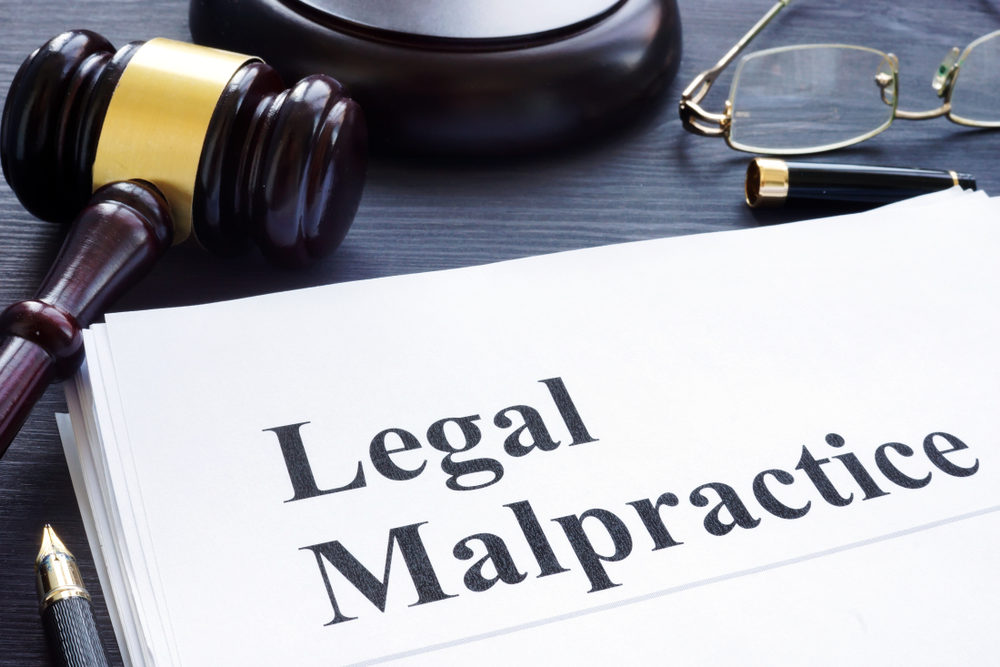
Legal proceedings and litigation won’t always have your desired outcome — whether your appeal is denied or a case is decided in favor of the other party, hiring a lawyer isn’t a guarantee that you’ll get a favorable result.
But what if the attorney you’ve hired is responsible for a bad outcome? Attorneys rarely win every case, and a failure to pick the best strategy or approach isn’t necessarily negligence. But if your lawyer has made significant errors or not exercised care while working with you, she may have committed legal malpractice.
What is legal malpractice? Similar to medical malpractice, a term that you’re probably familiar with, legal malpractice simply means that an attorney has acted below the “standard of care” required of a professional acting under the same or similar circumstances. If your situation meets the standards for legal malpractice, you have the option of bringing a lawsuit against your attorney.
Was the behavior negligent?
According to the American Bar Association, a lawyer making a simple mistake doesn’t mean they’ve committed legal malpractice. Attorneys are human, and they may unintentionally err while doing their jobs. But if the error rises to the level of negligence — one example is causing you to lose an appeal by failing to submit the required paperwork by a deadline — then the attorney may be guilty of legal malpractice.
What are the consequences?
To qualify as legal malpractice, you must be able to prove to “legal certainty” that your case would have been decided in your favor if not for your attorney’s oversight. Let’s say you have a pending application for asylum and your attorney fills out paperwork incorrectly, causing you to lose the case. If you can show that your attorney’s error caused or contributed to your application being denied, you might be eligible to reopen your case and to sue your lawyer for negligence.
What were the damages?
Before pursuing a legal malpractice case, it’s important to consider the damage caused by the attorney’s behavior. You’ll need to dedicate both time and money to suing your attorney, and the American Bar Association recommends choosing to sue for legal malpractice only if the damages were significant.
It’s difficult to know whether your experience qualifies for legal malpractice without a face-to-face consultation, as there are other factors that affect whether a legal malpractice lawsuit is feasible. Would another attorney with the same knowledge of the law have made the same decision? Was it an ethics violation — which, while reportable, doesn’t necessarily qualify for legal malpractice? We recommend scheduling a meeting with an attorney to find out whether a legal malpractice lawsuit is a good idea.
If you are interested in more information about legal malpractice contact Paulson & Nace, PLLC through this contact form or by calling 202-463-1999.
@thumbnail.jpg)
Both an Emory School of Law graduate and MBA graduate of Goizueta Business School at Emory, Chris Nace focuses his practice on areas of medical malpractice, drug and product liability, motor vehicle accidents, wrongful death, employment discrimination and other negligence and personal injury matters.










Comments for this article are closed.